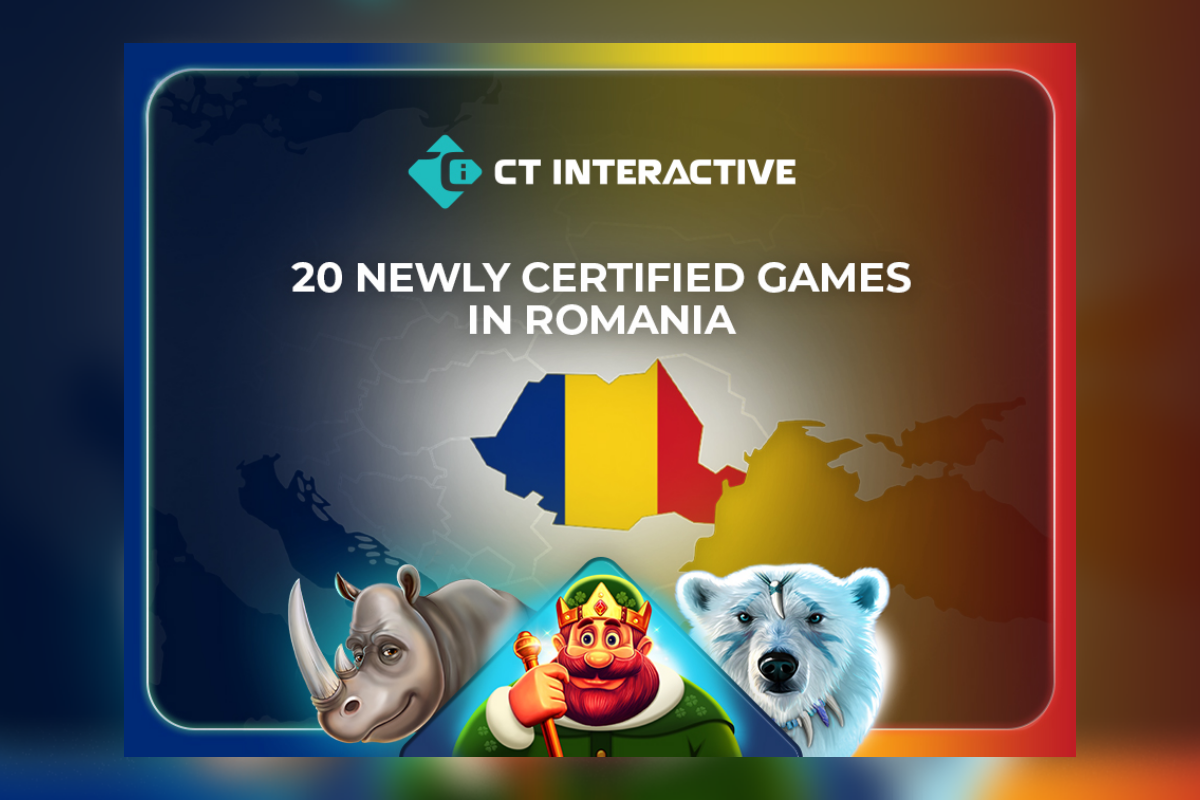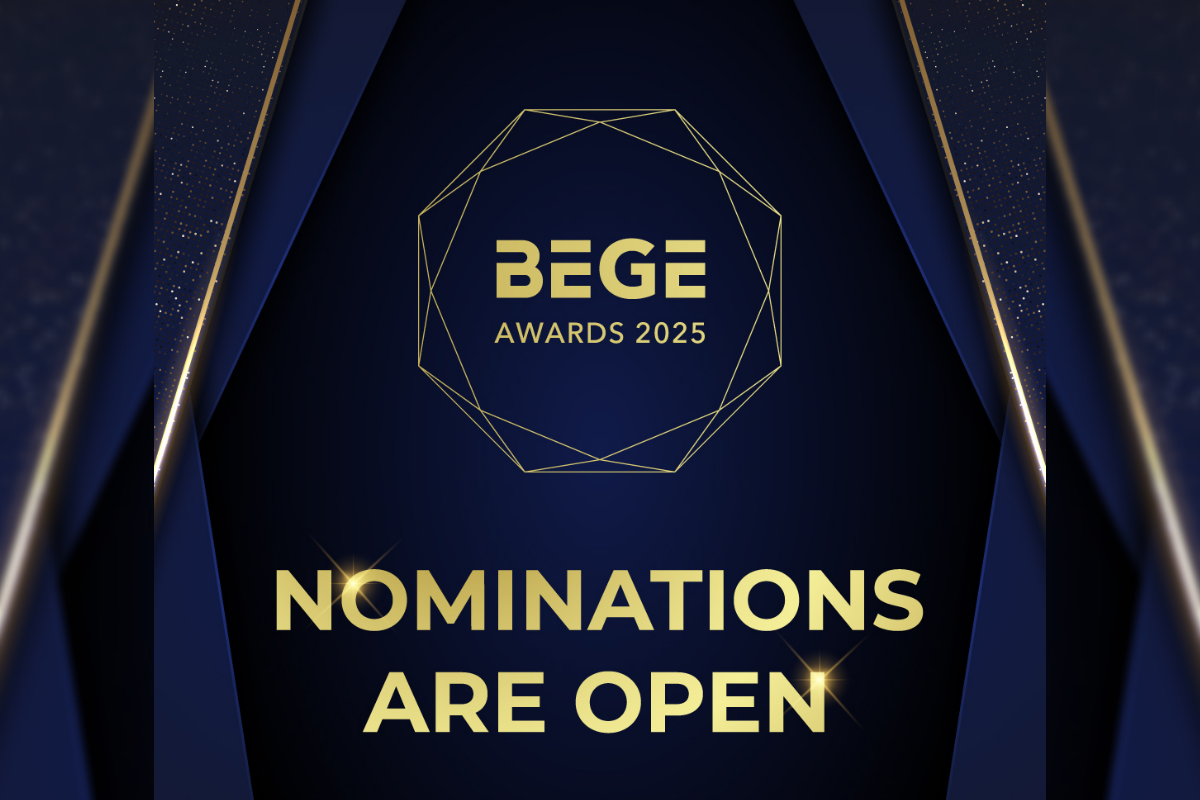Gambling in the USA
New Mexico doing little to fight gambling addiction

State government is the big winner when it comes to gambling in New Mexico. It raked in more than $156 million in the last budget year from the New Mexico Lottery, horse racing and slot machines at tribal casinos, racetracks, and veterans and fraternal clubs.
But when it comes to preventing and treating problem gambling — one of the aftershocks of widespread wagering in New Mexico — the Legislature and governor have been unwilling to put much money on the table.
In the last budget year, which ended June 30, the state earmarked just $70,250 to specifically address problem gambling. All that money came from the lottery and went to the nonprofit New Mexico Council on Problem Gambling, which operates a telephone hotline and provides free counseling.
The $70,250 amounted to a fraction of 1 percent of the money the state took in last budget year in lottery profits, revenue sharing from tribal casinos and gambling taxes. By comparison, gaming tribes and racetracks were required to spend $2.3 million to combat problem gambling in the last budget year.
Meanwhile, the state Compulsive Gambling Council, created by law in 2006 and attached to the New Mexico Department of Health, hasn’t met for at least seven years despite a legal requirement that it meet regularly.
The council, made up of appointees of the governor, is responsible for implementing a state plan for preventing and treating problem gambling. The council and the Health Department also are supposed to educate seniors on problem gambling and to collect data on gambling-related suicides, bankruptcies and domestic violence.
The stakes are high when it comes to problem gambling.
The last major study of gamblers in New Mexico, in 2006, estimated as many as 29,000 men and women had gambling problems and tens of thousands of more were at risk of developing problems. Suicides and thefts of millions of dollars have been linked to problem gambling in New Mexico since the dramatic expansion of gambling in the state in the 1990s. In one of the most noted cases, Dianna Duran resigned as secretary of state in 2015 and pleaded guilty to charges that she used campaign donations to feed a gambling habit.
“Disordered gambling,” the most serious form of problem gambling, is recognized as a mental health condition and addiction by the American Psychiatric Association.
Guy Clark, chairman of Stop Predatory Gambling New Mexico, said the state government’s efforts to combat problem gambling are “pathetic and shameful” and a “major failure.”
“No one in the government seems to want to do anything about it,” Clark said. “Could it be that the government receives over a $100 million a year … doesn’t want to bite the hand that feeds it?”
Paul Rhien, a Health Department spokesman, said in an email that the Compulsive Gambling Council, which hasn’t met since Republican Gov. Susana Martinez took office in 2011, “appears to be just another legislative unfunded mandate.” He didn’t respond when asked in an email whether Martinez had ever sought funding for the council.
State Senate Finance Committee Chairman John Arthur Smith, D-Deming, said Martinez could fund the council out of the budget of the Health Department.
“I don’t think she needs specific money on that,” he said.
Under state law, appointees to the Compulsive Gambling Council aren’t paid for their work on the panel and also don’t receive reimbursement for travel expenses. The Health Department secretary or the secretary’s designee is supposed to chair the council. Other members include representatives of the gaming industry, experts in compulsive gambling and behavioral health professionals.
The Health Department budget totaled more than $550 million in the last fiscal year. While the department budget didn’t include money specifically targeted for problem gambling, it included funds to fight tobacco and alcohol use, obesity, cancer, opioid overdoses, HIV/AIDS infection and more public health concerns.
The Compulsive Gambling Council last met under Martinez’s predecessor, Democrat Bill Richardson.
In a 2009 report, the council made several recommendations to Richardson, including creation and funding of a state Office of Problem Gambling, a new tax on nontribal gambling to pay for problem gambling initiatives, a new study on problem gambling, prevention programs targeted at youth and seniors, and more funding for treatment programs.
“While the large majority of citizens will never encounter a problem with gambling, those who do generate a ripple effect of disastrous consequences in their families and communities,” the council said in the report.
None of the council’s recommendations have been adopted by state government.
“However, under this administration, the state has a number of initiatives designed to combat problem gambling in New Mexico,” said Rhien, the Health Department spokesman.
The spokesman cited a requirement that gaming tribes spend one-quarter of 1 percent of their slot machine winnings on problem gambling programs. The requirement is in compacts signed by Martinez and gaming tribes, but the requirement also was part of the previous state-tribal gaming compacts.
Rhien also cited a provision in the compacts that requires tribes to create programs that allow gamblers to voluntarily exclude themselves from casinos. Prior to the current compacts, only racetracks were required to have self-exclusion programs for gamblers.
Clark, of Stop Predatory Gambling New Mexico, said Martinez should re-establish the Compulsive Gambling Council to help in the prevention and treatment of problem gambling.
“We know that we have thousands of people afflicted,” he said.
Smith, who as a senator played a pivotal role in the expansion of gambling in New Mexico, said efforts to combat problem gambling have slid over the years to the back burner of state government and that the efforts today don’t reflect the seriousness of the issue.
“The problem is much larger than anybody wants to talk about,” Smith said, adding he needs to start asking more questions and hold hearings on government’s response to problem gambling.
-

 Industry Awards7 days ago
Industry Awards7 days agoBETBY SUCCESSFULLY WRAPS SiGMA EUROMED 2025 PARTICIPATION WITH SPORTSBOOK RECOGNITION
-

 Compliance Updates7 days ago
Compliance Updates7 days agoBOS in letter to the Government: appoint a new Gambling Inquiry
-

 Latest News7 days ago
Latest News7 days agoSoft2Bet Launches Swiper – Sweden’s First Social-Media-Style Casino
-

 Interviews6 days ago
Interviews6 days agoHIPTHER Community Voices: Alieu Kamara – Founder and CTO of AmaraTech
-

 Asia6 days ago
Asia6 days agoMetal Genesis Announces “Barrel of a Gun” Song Collab with Priscilla Abby
-

 Compliance Updates6 days ago
Compliance Updates6 days agoCT Interactive grows its certified portfolio in Romania
-

 Latest News7 days ago
Latest News7 days agoSpain and Regulated Innovation: How DGOJ-Licensed Casinos Are Beginning to Integrate Crypto
-

 Latest News7 days ago
Latest News7 days agoNo Deposit, High Engagement: What EU iGaming Operators Can Learn from the Sweepstakes Model
















